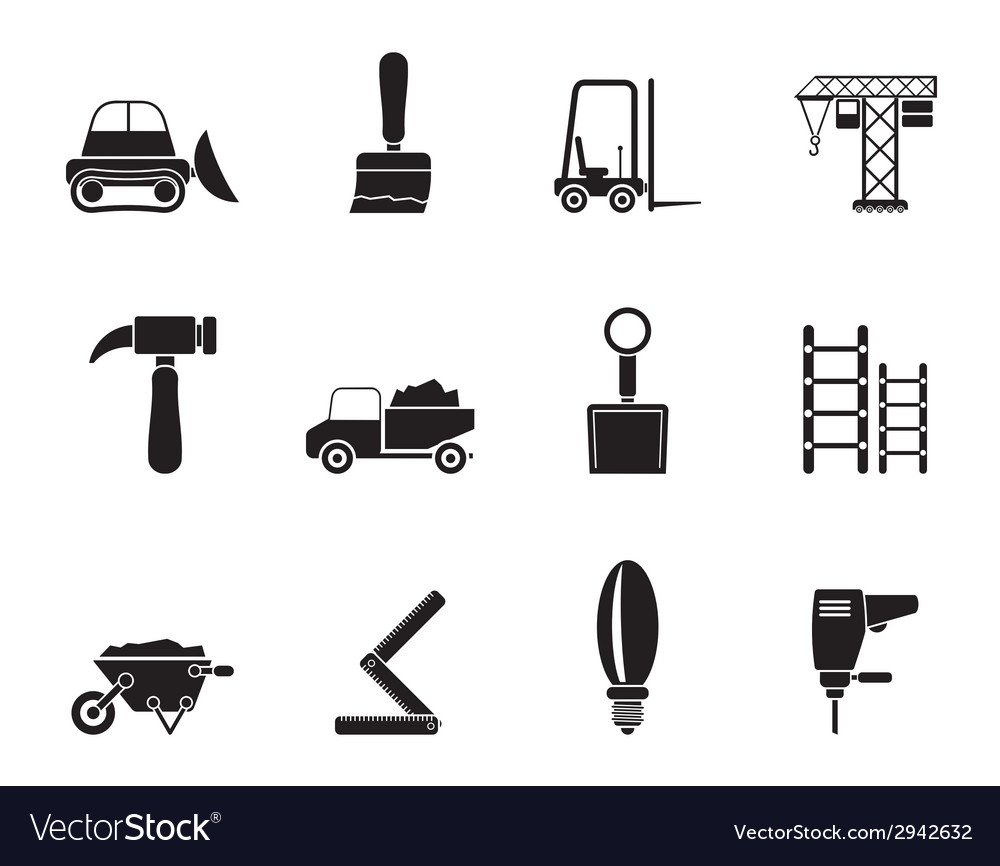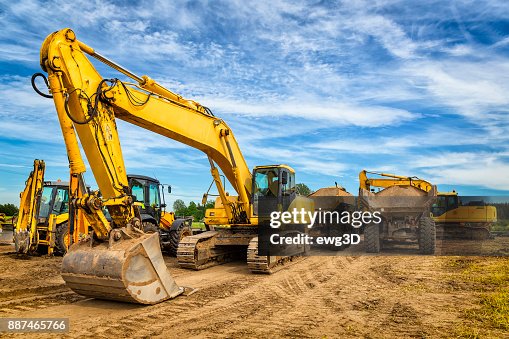Exploring the Financial Benefits of Renting Building And Construction Devices Compared to Possessing It Long-Term
The choice in between renting and possessing construction devices is crucial for economic administration in the industry. Renting offers prompt cost financial savings and operational flexibility, permitting firms to allocate resources much more effectively. In comparison, possession features substantial long-term economic commitments, including maintenance and devaluation. As service providers evaluate these choices, the effect on money circulation, project timelines, and technology accessibility comes to be significantly significant. Comprehending these nuances is essential, particularly when considering exactly how they align with details project demands and economic approaches. What variables should be prioritized to make sure optimal decision-making in this complicated landscape?

Expense Contrast: Renting Vs. Having
When evaluating the financial implications of renting out versus possessing building devices, a thorough expense contrast is important for making educated decisions. The choice between having and leasing can considerably influence a company's profits, and recognizing the connected expenses is crucial.
Renting building and construction tools typically includes reduced upfront costs, permitting services to allot funding to various other operational demands. Rental arrangements often include adaptable terms, making it possible for business to gain access to progressed equipment without lasting commitments. This versatility can be especially advantageous for short-term projects or rising and fall work. Nevertheless, rental costs can accumulate over time, potentially going beyond the cost of ownership if equipment is required for an extensive period.
On the other hand, having building and construction equipment needs a significant initial investment, in addition to continuous expenses such as insurance policy, depreciation, and financing. While possession can cause long-term cost savings, it additionally links up resources and may not give the exact same level of flexibility as leasing. Furthermore, possessing devices demands a dedication to its utilization, which might not constantly straighten with job demands.
Eventually, the choice to rent or have needs to be based upon a detailed analysis of details project needs, financial capacity, and lasting critical objectives.

Maintenance Responsibilities and costs
The option between renting and possessing building and construction tools not only entails financial factors to consider but additionally encompasses continuous upkeep expenses and duties. Having equipment calls for a considerable dedication to its maintenance, which consists of regular inspections, repair work, and potential upgrades. These responsibilities can promptly gather, causing unexpected prices that can stress a budget plan.
In comparison, when renting out devices, upkeep is generally the responsibility of the rental company. This arrangement enables contractors to prevent the financial worry linked with damage, along with the logistical difficulties of scheduling repairs. Rental contracts commonly include stipulations for maintenance, suggesting that service providers can concentrate on completing projects instead of worrying about equipment condition.
Moreover, the diverse array of devices available for lease makes it possible for companies to pick the most current versions with innovative technology, which can enhance performance and productivity - scissor lift rental in Tuscaloosa Al. By selecting rentals, services can stay clear of the lasting responsibility of equipment depreciation and the linked upkeep headaches. Eventually, reviewing maintenance expenditures and obligations is vital for making an informed decision about whether to rent out or possess building devices, dramatically influencing total task expenses and operational performance

Depreciation Effect On Possession

A significant element to take into consideration in the decision to possess construction devices is the influence of devaluation on general possession expenses. Depreciation represents the decrease in value of the tools with time, influenced by factors such as use, deterioration, and innovations in innovation. As equipment ages, its market worth reduces, which can significantly affect the proprietor's monetary position when it comes time to market or trade the tools.
For building business, this devaluation can translate to considerable losses if the devices is not used to its greatest capacity or if it comes to be obsolete. Owners have to represent devaluation in their financial projections, which can bring about greater general expenses compared to renting. Additionally, the tax obligation effects of depreciation can be complex; while it might offer some tax obligation advantages, these are typically countered by the reality of minimized resale worth.
Inevitably, the concern of devaluation stresses the relevance of recognizing the long-term monetary commitment involved in possessing building and construction devices. Companies should very carefully review exactly how typically they will use over here the devices and the prospective financial impact of depreciation to make an educated choice concerning ownership versus renting out.
Monetary Versatility of Leasing
Renting out building and construction tools supplies significant monetary adaptability, permitting companies to assign resources much more successfully. This adaptability is get redirected here particularly vital in a sector identified by changing project needs and varying workloads. By opting to lease, companies can prevent the significant capital expense needed for purchasing equipment, maintaining cash money circulation for other operational demands.
Additionally, renting out tools makes it possible for business to customize their devices options to particular job demands without the lasting dedication connected with ownership. This implies that services can quickly scale their devices inventory up or down based upon present and expected project needs. As a result, this versatility decreases the danger of over-investment in equipment that might come to be underutilized or out-of-date over time.
An additional economic advantage of renting is the potential for tax benefits. Rental repayments are typically considered operating costs, enabling instant tax reductions, unlike depreciation on owned and operated devices, which is topped numerous years. scissor lift rental in Tuscaloosa Al. This instant expense acknowledgment can better boost a firm's cash money position
Long-Term Job Considerations
When evaluating the long-term needs of a building company, the decision between renting out and owning devices becomes much more intricate. Secret factors to take into consideration include job period, regularity of use, and the nature of upcoming tasks. For tasks with extended timelines, buying devices may appear advantageous as a result of the potential for reduced general prices. Nevertheless, if the tools will certainly not be utilized constantly throughout jobs, owning may cause underutilization and unneeded expense on insurance, storage, and upkeep.
The construction sector is developing swiftly, with new devices offering boosted performance and safety and security attributes. This flexibility is particularly helpful for companies that handle diverse jobs requiring various kinds of equipment.
Furthermore, economic security plays a crucial function. Having devices usually involves significant funding investment and devaluation concerns, while leasing permits for even more foreseeable budgeting and cash money circulation. browse this site Inevitably, the selection in between possessing and renting ought to be straightened with the critical purposes of the construction company, considering both present and anticipated job needs.
Verdict
In verdict, leasing building tools uses significant financial benefits over long-lasting ownership. Ultimately, the decision to rent out instead than own aligns with the dynamic nature of building jobs, permitting for versatility and access to the latest equipment without the financial worries connected with ownership.
As devices ages, its market value reduces, which can considerably influence the owner's financial position when it comes time to trade the devices or sell.
Renting out building devices uses significant economic versatility, permitting companies to allot resources more successfully.In addition, renting out tools allows companies to tailor their devices choices to certain project demands without the long-term commitment connected with ownership.In verdict, renting out building devices offers substantial monetary advantages over long-term ownership. Eventually, the decision to rent instead than own aligns with the dynamic nature of building and construction projects, enabling for adaptability and accessibility to the latest devices without the financial concerns associated with ownership.
 Alicia Silverstone Then & Now!
Alicia Silverstone Then & Now! Kelly McGillis Then & Now!
Kelly McGillis Then & Now! Bo Derek Then & Now!
Bo Derek Then & Now! Bill Murray Then & Now!
Bill Murray Then & Now! Nicki Minaj Then & Now!
Nicki Minaj Then & Now!